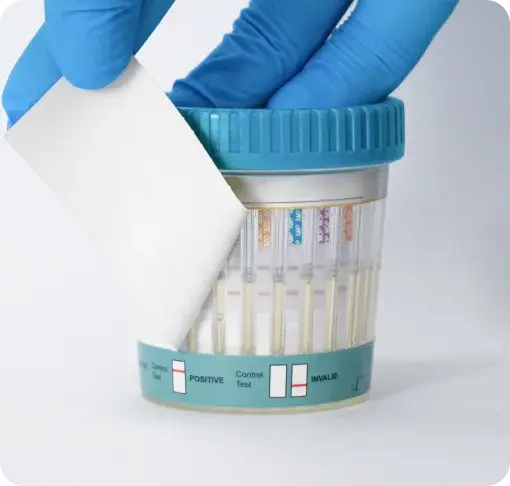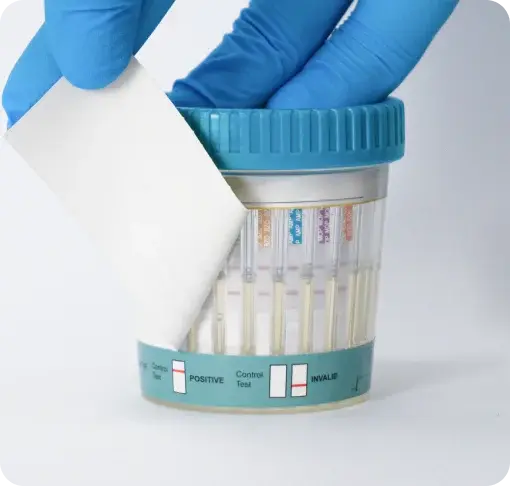Why to Choose Laboratory Screening
Certain organisations, bodies and principal contractors will only accept laboratory screening samples, with point of care testing methods not accepted within their testing regimes. However, a topic rarely discussed is why some organisations may choose to use laboratory drug screening, instead of point of care testing, for drug screening.
Understanding the Benefits of Laboratory Screening
-
Laboratory screening tests are generally more sensitive and specific, reducing the likelihood of false positives/false negatives, or subjective/ambiguous results
-
Laboratory testing environments are controlled, reducing variability and ensuring the validity and consistency of results
-
Laboratories adhere to stringent validation and quality control protocols, ensuring high standards are maintained from receipt through to the laboratory testing and result reporting
-
Laboratories maintain detailed records of all tests performed, which can be crucial for audits and regulatory compliance
-
Laboratory tests are performed by trained analysts, reducing the risk of user error that can occur with POC testing
-
Standardised and detailed laboratory procedures minimise the risk of contamination or mishandling of samples
Additional Reasons to Choose Laboratory Screening
Aside from the above, choosing laboratory testing over point-of-care testing (POCT) can be safer for the Collection Officer if the test result is less than favourable for the donor. For example, if the POCT shows positive for Cocaine during the collection, there could be some tension in the room focused towards the Collection Officer. On the other hand, if the same sample is sent to the lab, the Collection Officer is kept safe as the outcome will be unknown until reported at the lab.
One final reason that laboratory screening is sometimes preferred is under circumstances where a POCT test reveals a very faint line, which can cause confusion. However, when it comes to point of care testing, any line is considered ‘a line.’
Lab Screening: Conclusion
Laboratory drug testing is preferred by some organisations due to its higher accuracy and reliability, detailed reporting, quality control, comprehensive documentation, and minimisation of user error.
Should you wish to discuss laboratory screening in more depth, or indeed point of care testing, please contact us.

